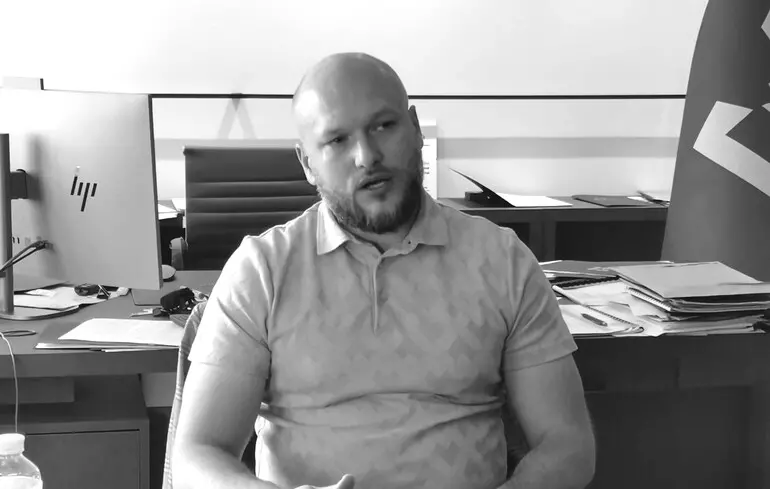The Siege of the Bureau of Economic Security: Internal Challenges and Future Strategies

In contemporary Ukraine, the Bureau of Economic Security (BEB) finds itself at the epicenter of public and governmental attention amid intense internal struggles and external pressures related to combating corruption schemes.
Despite numerous obstacles and external influences, BEB Director Oleksandr Tsivinsky has established significant contacts with high-ranking officials, including the Prosecutor General’s Office, the Ministry of Justice, and the government, demonstrating a commitment to constructive work under challenging circumstances.
Tsivinsky claims to have a clear understanding of how to neutralize the corruption back-office that has historically operated within BEB but points out that external factors such as the Ministry of Internal Affairs and Presidential Administration play crucial roles in managing internal processes.
He also highlights the political influence of the Prosecutor General, who has actively contributed to restricting the independence of NABU and SAP.Tsivinsky emphasizes that legal and just victories are strategic goals, expressing confidence that laws and justice will prevail over any obstacles.
He reports having a positive dialogue with the country’s leadership, planning further cooperation, and believes that the situation around BEB will become completely transparent within the next month.
According to him, achieving results takes time, and the bureau needs to be given full authority and independence to operate effectively.He advocates that Ukraine — especially during wartime — must create conditions for the Bureau of Economic Security to act as efficiently as possible, not only to fight crime and corruption but also to fill the state budget and secure stable tax revenues.
Tsivinsky criticizes the simplistic approach of evaluating BEB solely by the number of cases opened or taxes recovered, arguing that true effectiveness should be measured by legislative changes, uncovered schemes, and actual increases in budget revenues.
In his view, this is the real criterion of success.Tsivinsky is convinced that even if some internal and external stakeholders refuse to cooperate, the team will find ways to achieve results and maintain public trust.
He is open to criticism and ready to address systemic problems openly, believing that transparency and honesty are pillars of success.
He also notes that the role of BEB extends beyond fighting top officials; it involves creating an effective system of oversight and counteracting abuse across all sectors of the economy.
The appointment process for the bureau’s leadership was complicated and prolonged over a month due to political confrontation and legal barriers, hindering the agency’s full restart.
Nevertheless, Tsivinsky emphasizes that all efforts are aimed at long-term development and strengthening the rule of law.

